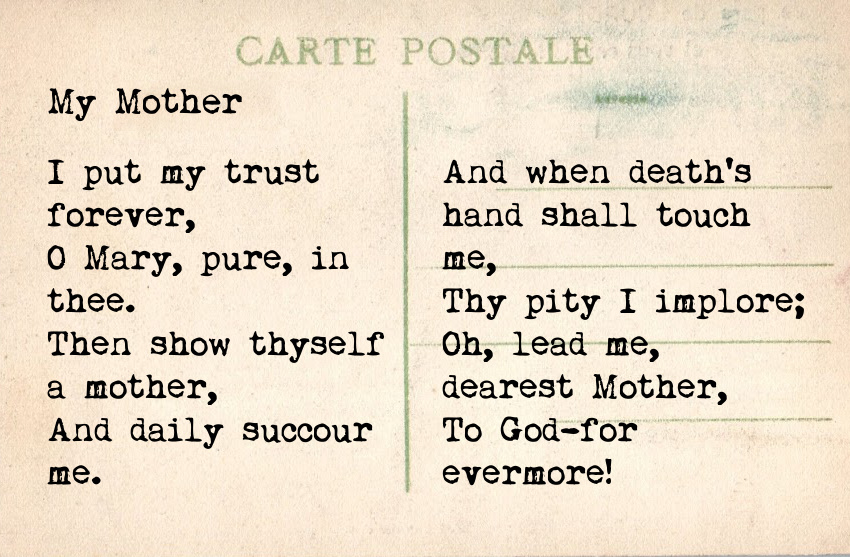
In this chapter, the narrative continues to explore the life and experiences of Bernadette Soubirous after her visions of the Virgin Mary at Lourdes. The chapter delves into Bernadette's spiritual journey, her growing reputation as a visionary, and the challenges she faces from both supporters and skeptics. It also touches on the development of the Lourdes site as a place of pilgrimage, emphasizing Bernadette's humility and the impact of her experiences on her life.
Find more chapters here.
Such were the observations which were exchanged from morning to night among the sagacious intellects which then represented Medicine and Philosophy at Lourdes.
The greater part of these thinkers had seen enough of Bernadette to establish the fact that she was not acting a part. This satisfied their spirit of inquiry. From the fact of her evident sincerity, they concluded that she must be either mad or cataleptic. Their strength of mind did not permit them to admit even the possibility of any other explanation. When it was suggested to them to study the fact, to see the child, to go to or to revisit the Grotto, to follow in all their details these surprising phenomena, they shrugged their shoulders, laughed as the so-called philosophers only can laugh, and observed, “We know all this by heart. A crisis of this kind is by no means rare. Before a month is over, this child will be raving mad and probably paralyzed.”
There were some, however, who were not satisfied with such superficial reasoning.
“Phenomena of this nature are rare,” observed Doctor Dozons, one of the most eminent physicians in the town; “and for my own part I shall not allow this opportunity of examining them carefully to escape. The advocates of the Supernatural cast them so often in the teeth of men of our profession, that I should be wanting in curiosity were I not to study attentively and go to the bottom of this much vexed question, de visu and by personal experience, now that they are produced at the present moment under my very eyes.”
M. Dufo, an advocate, and several members of the bar; M. Pougat, president of the Tribunal, and a great number of other persons, determined to devote themselves, during the fifteen days announced beforehand, to the most scrupulous investigation, and to be as much as possible in the first ranks. The number of observers increased in proportion to the interest excited by the facts.
Some of the medical profession, some autochthon Socrates’, some local Philosophers, terming themselves Voltaireans to induce others to believe that they had read Voltaire, firmly resisted their own curiosity, and held it a point of honor not to figure among the stupid crowd which was increasing daily in number. As it almost always happens, the grand principle of these fanatics of Free-thinking was not to examine at all. In their view, no fact deserved attention which deranged the inflexible dogmas which they had learned in the Credo of their newspaper. From the heights of their infallible wisdom, at their shop-doors, in front of the cafés, or at the windows of the club, these intellects of the highest order smiled with ineffable disdain as they saw pass by the innumerable stream of humanity which was borne along—by I know not what wild spirit of enthusiasm–toward the Grotto.

No comments:
Post a Comment